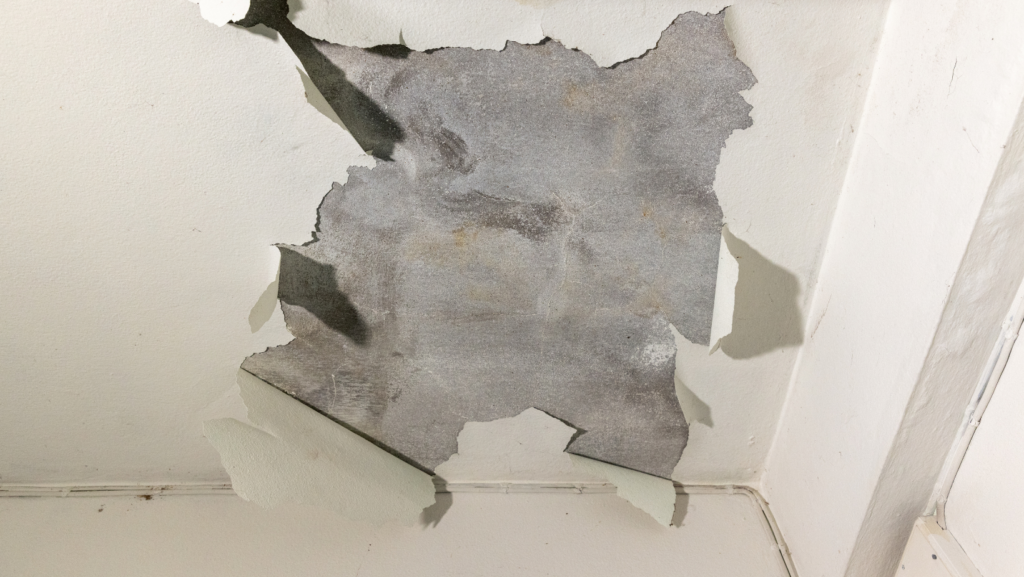7 Signs That You Have a Slab Leak

Your home’s foundation supports the structure from the walls to the roof. Most home foundations are a single slab of concrete poured at the beginning of the home building project. While most foundations are structurally sound, slab leaks are not uncommon.
A slab leak occurs when your home’s foundation begins to deteriorate beyond normal wear and tear. Slab leaks can pose a variety of risks for your home and your family. If you suspect that you have a slab leak, you need to call a plumber in Sugar Land, TX , and our team can help. But first, you need to know the top seven slab leak signs so you can identify the problem early on.
What You Need to Know About Slab Leaks
A slab leak occur s when a major pipe in your home’s foundation is infiltrated by water. Before laying the foundation, home builders establish a network of basic plumbing pipes that connect to the appliances, sinks, showers, and toilets in your home. When one of these pipes leaks, it can be difficult to identify since the plumbing is underground, but there are still slab leak signs you can watch for.
7 Slab Leak Signs
A slab leak can be present for a while before you begin to notice signs and the damage can add up quickly. Seven signs to watch for include:
- Water under your carpet or floor without explanation (like a spill)
- Water pressure that is weaker than normal
- More expensive water bill
- Warps in your vinyl or hardwood flooring
- Mold or mildew around baseboards
- Water heater running around the clock
- Areas of your floor that feel warm
- Water visible on outside slab of home
What Causes a Slab Leak?
Sometimes there are steps you can take to protect your pipes from a slab leak. Other times, there are not. The age of your home is the most common reason for a slab leak. As your home ages, you have a greater risk of a slab leak. Scheduling a plumbing inspection can help you identify signs that your slab and plumbing are at risk.
Having hard water with high mineral content also puts your home at a greater risk for a slab leak. Over time, minerals build up in your pipes leading to corrosion and additional pressure. If you have hard water, consider installing a water softener to protect your pipes from sustaining any more damage.
Unfortunately, sometimes poor construction is to blame for slab leaks. If pipes get dented or damaged during construction, they’re more likely to wear down quicker. A plumbing inspection can help to identify potential issues so repair or replacement can be made sooner rather than later. It is possible to predict and prevent a slab leak before it occurs.
Contact Doug Turner Plumbing CO. today to schedule an appointment with our professionals.
Services you can depend on!
The post 7 Signs That You Have a Slab Leak appeared first on Doug Turner Plumbing CO..
CONTACT INFORMATION
Physical: 9945 Mula Rd. Stafford, TX 77477
Mailing Address: PO Box 1177 Sugar Land, TX 77487
Phone: (281) 201-6065

